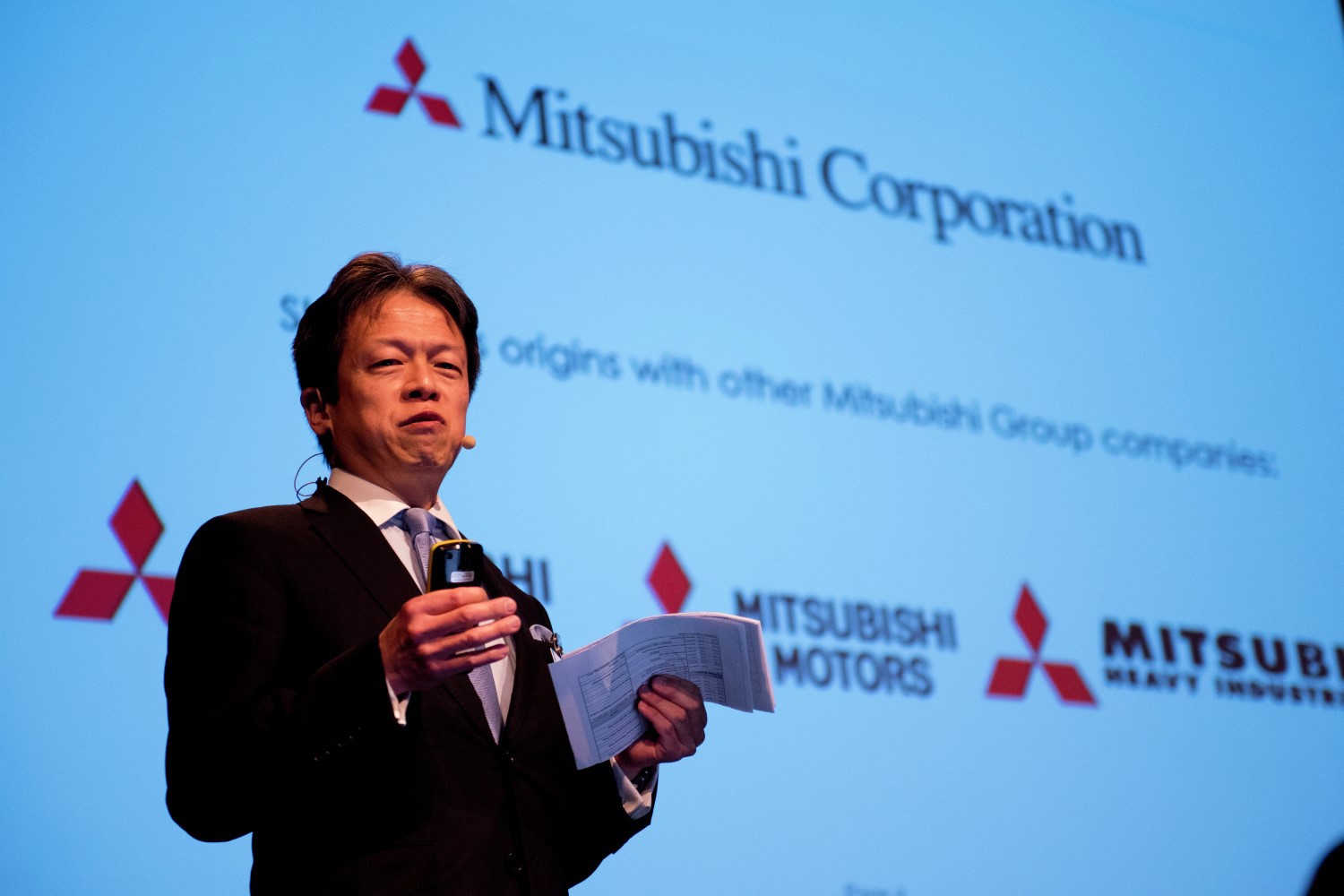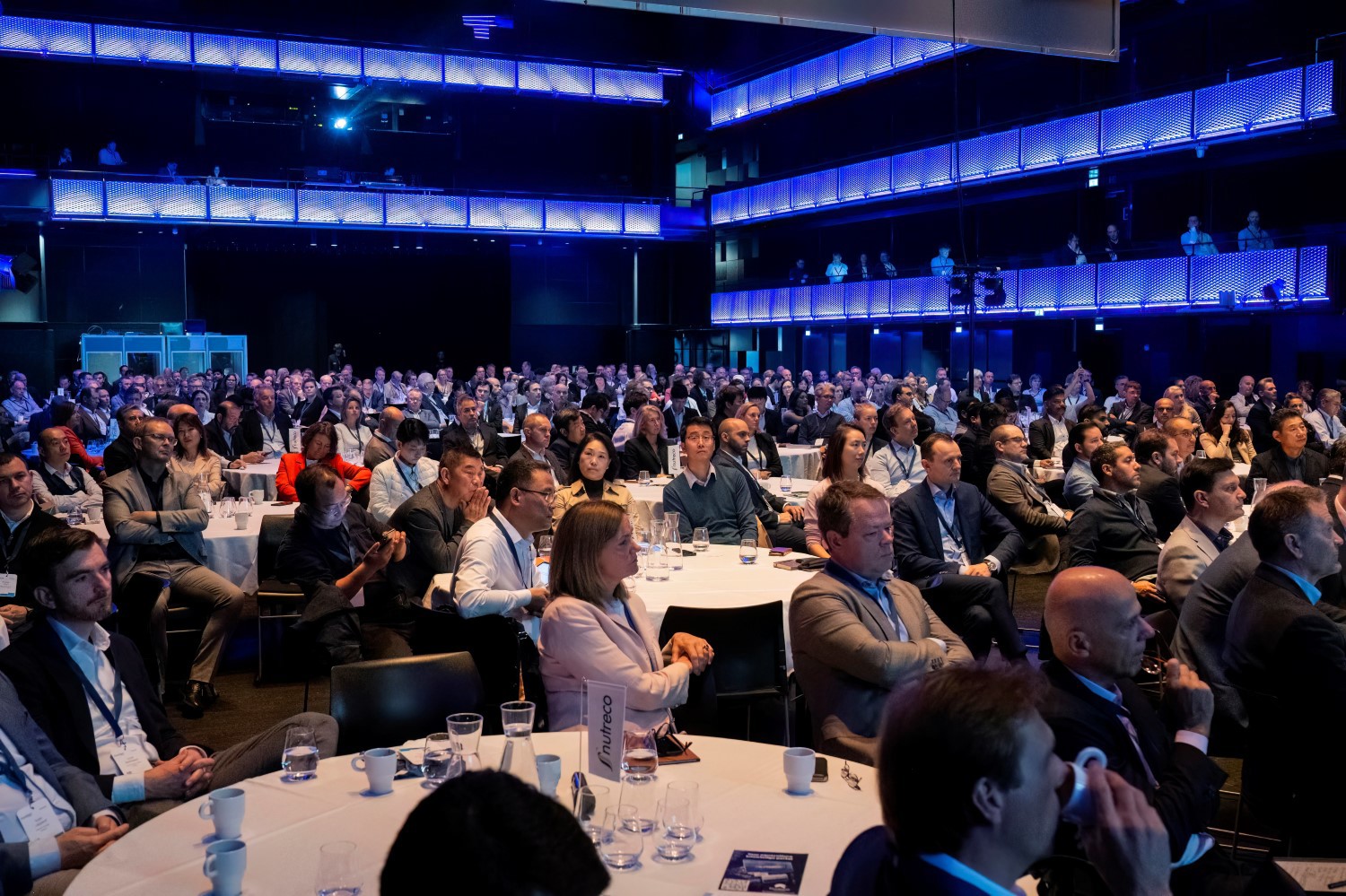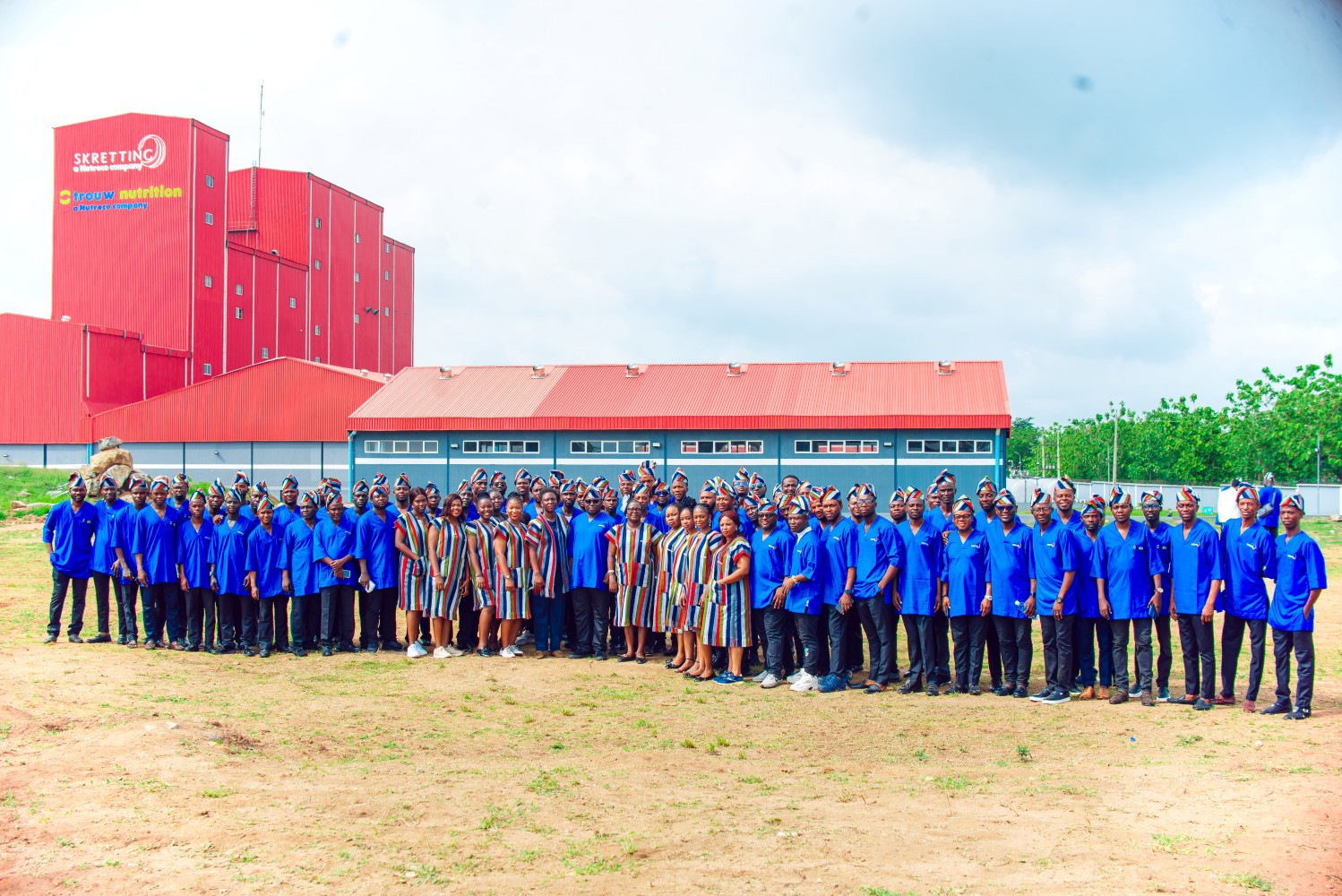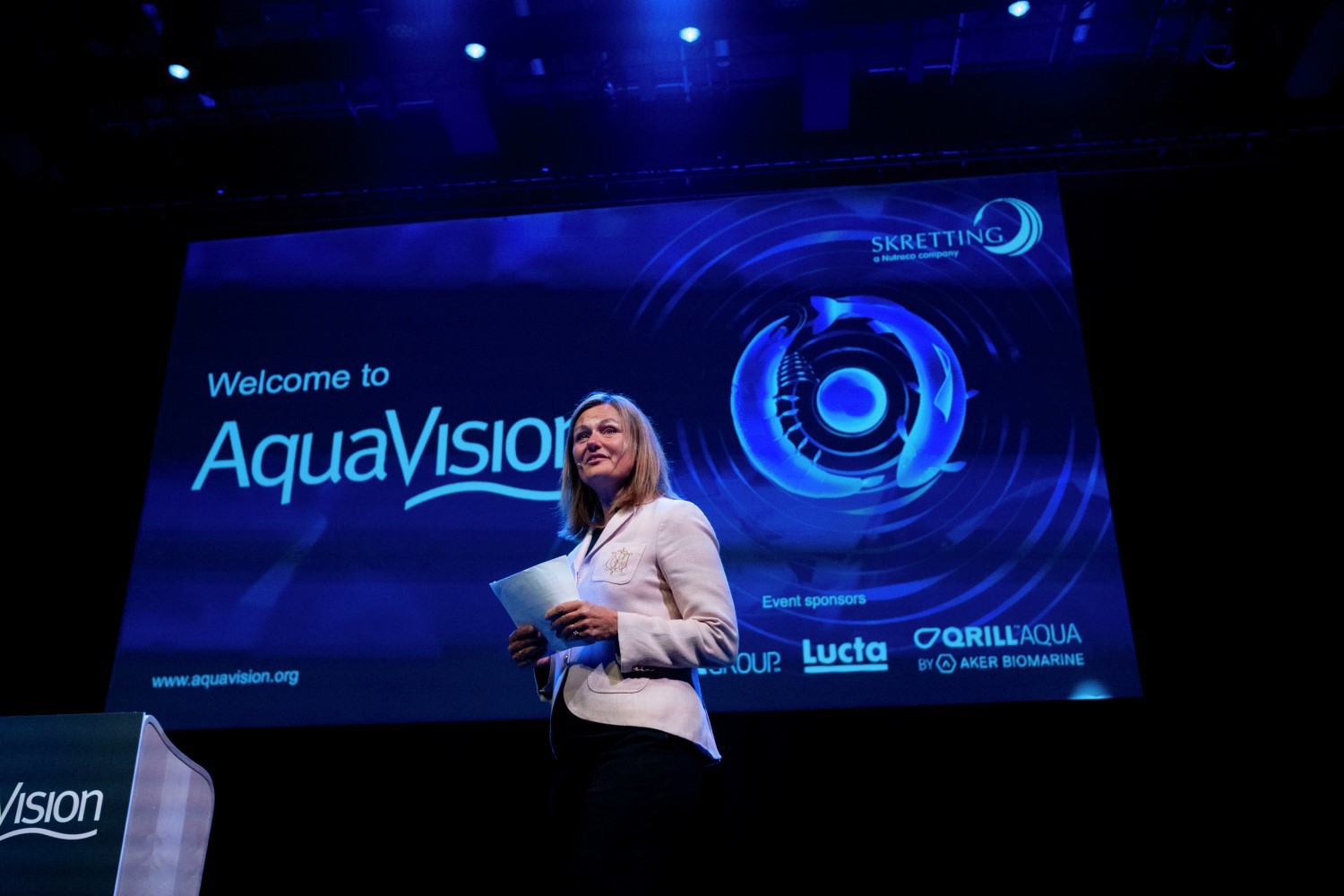By following sustainable growth strategies, the aquaculture industry can provide long-term solutions for many of the most pressing challenges facing the world, delegates heard on day-two of AquaVision 2016.
AquaVision 2016: Aquaculture growth holds the key to many global issues

Speaking within the ‘Beyond Tomorrow’ theme of the conference, Yu Sato, Chair of the Board with the Cermaq Group AS, highlighted some of the key reasons why its parent company, the Mitsubishi Corporation, is switching its focus from the wild-catch sector to farmed production.
“Aquaculture is an industry that fits well into the Mitsubishi Corporation strategy,” said Sato. “Indeed, sustainable aquaculture, including salmon farming, holds the key to meeting many global challenges, including feeding the world’s growing population and helping public health. It also has a low carbon footprint and can provide many local jobs and other social benefits.”
Moving forward, the aim is to move Cermaq closer to the consumer in the value chain and to build a new marketing focus to learn more about their needs. To which end, it is in the process of setting up new sales organisation in Asia, Europe, Latin America and North America, revealed Sato.
“I want to see the sustainable growth of the salmon farming industry. In order to achieve that, I believe we need to increase the worldwide demand. To have a healthy and sustainable international market, we need stable prices and stable supply.
“I have strong confidence in the potential of this industry to achieve growth,” he said.


